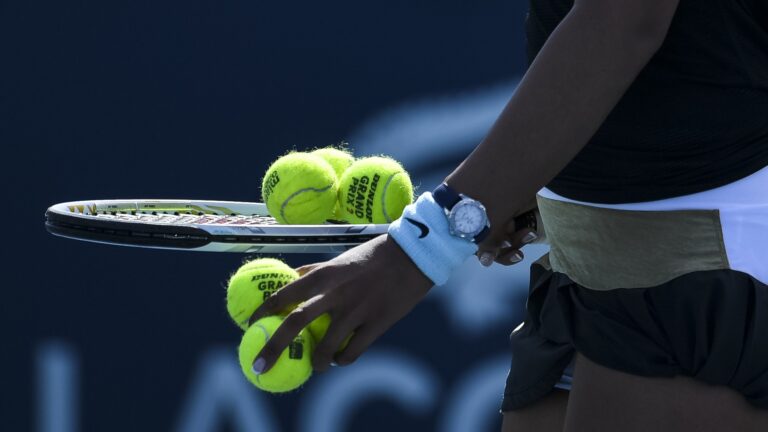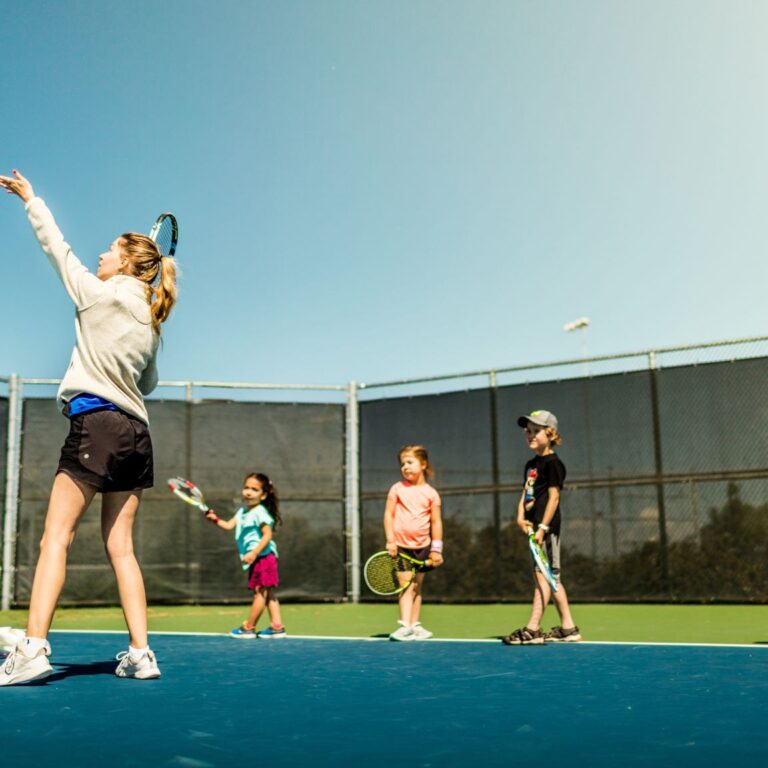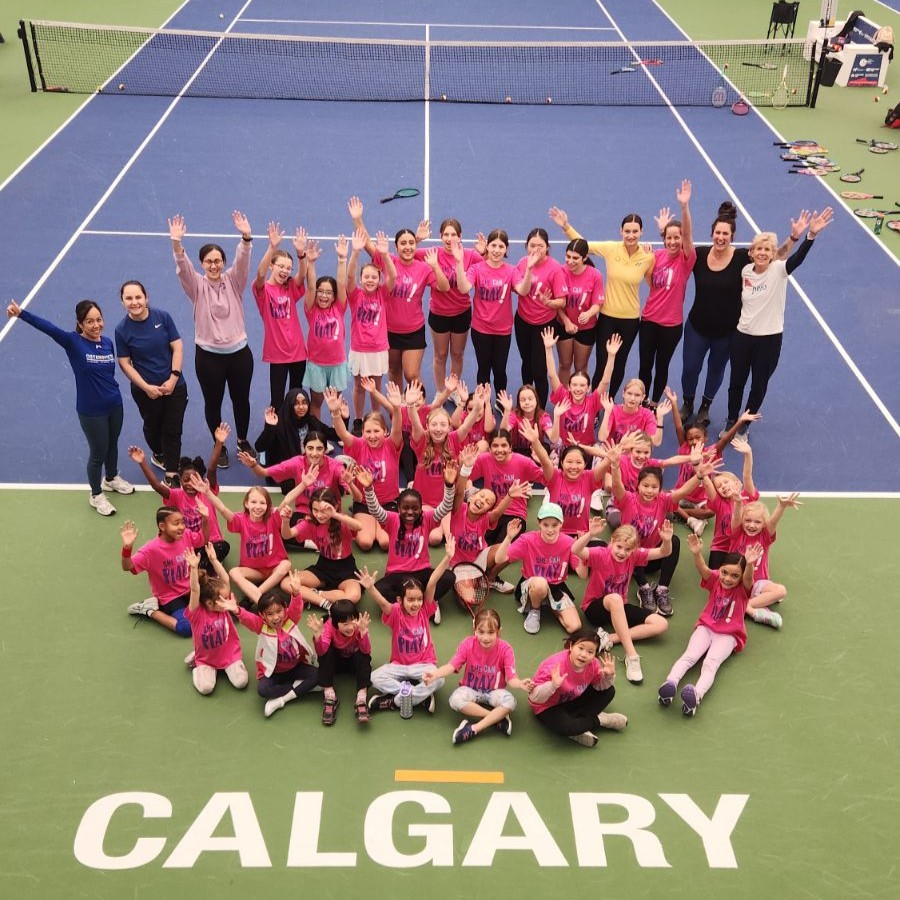
Images courtesy of Kyle Clapham Photography. Follow SHE CAN PLAY on Instagram to see more.
The year is 2021. After over a year of disruption, tournaments are back on, and tennis courts are bustling again. The sport has seemingly rebounded from the challenges of COVID-19. Yet, behind the optimism lies a sobering truth: many girls are still being left behind.
An earlier report revealed a stark reality: 1 in 3 girls drop out of sports by their late teens. 62% don’t play at all. Bullying, low self-confidence, body image concerns, safety issues, and cultural, religious, and financial barriers all play a role in forcing girls to step away.
For the team at Osten & Victor Alberta Tennis Centre (ATC), these weren’t just statistics—they were a call to action.
Answering the Call: ATC Launches SHE CAN PLAY
In response, ATC launched the SHE CAN PLAY program, creating camps designed to improve female participation in sports, notably—of course—tennis. The camps foster an inclusive environment where young girls not only learn tennis but also develop confidence, leadership skills, and meaningful connections with peers and mentors.
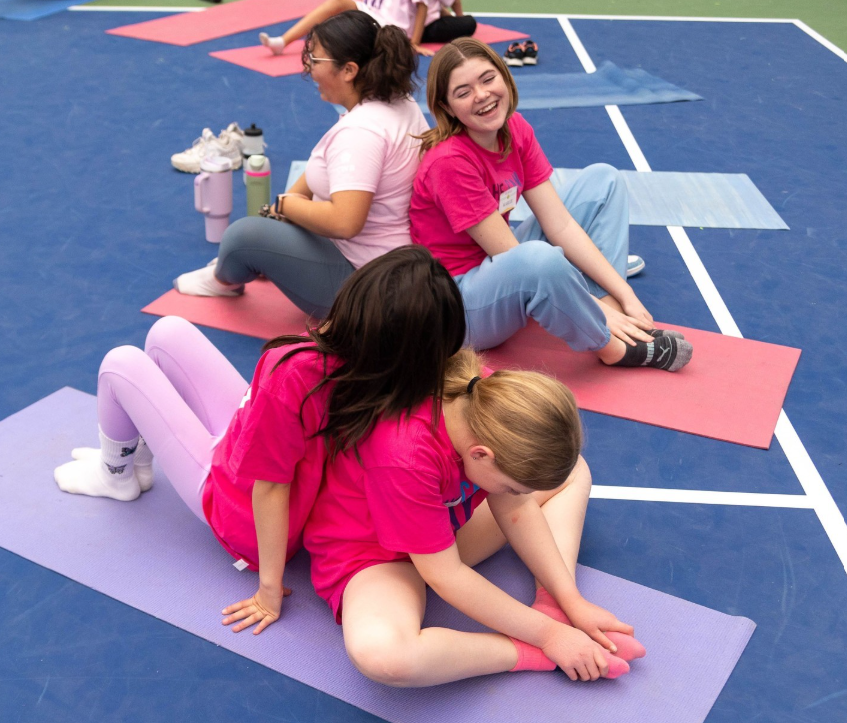
ATC ran its second camp of the year on November 10, featuring ten coaches, eight youth mentors from ATC’s high-performance program, and 44 girls—half from under-served communities.
The camps have been rewarding for participants and coaches alike.
“The most rewarding part of coaching in the SHE CAN PLAY program is witnessing the incredible bonding that happens between everyone involved—staff, volunteers, and participants alike,” says Suzana Cavalcante, one of the camp coaches. “Every camp feels extraordinary, filled with energy, connection, and shared purpose.”
Bridging the Gap: Advancing Girls’ Participation in Sports
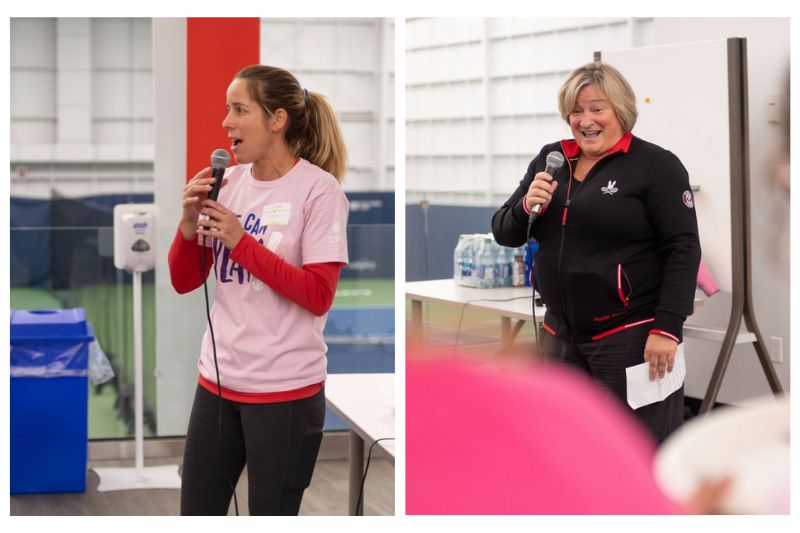
Improvements have been made, but challenges remain. Along with ATC, organizations across the country have stepped up to help bridge the gap: Tennis Canada launched its Game.Set.Equity initiative in 2022, aiming to address the disparities in tennis. Canadian Tire’s Girls in Sport programs have made a long-term commitment to breaking barriers. The list goes on, with efforts spanning all levels of government and sports organizations—each working toward greater inclusivity and participation.
The progress is real. And it’s encouraging.
According to the 2024 Rally Report, 63% of girls aged 6-18 now participate in sports weekly, a marked improvement. By comparison, the 2020 report showed participation rates ranging from 58% for girls aged 9-12 to just 38% for girls aged 16-18.
While the trend is heading in the right direction, almost 4 in 10 girls are still missing out on the benefits of sports. Girls are still lagging behind boys, with those from lower-income households and those with disabilities facing the greatest barriers.
Ron Ghitter: Championing Equal Access to Tennis
Ron Ghitter had a vision to make tennis accessible to every child, regardless of their background. That, along with his passion for the sport, led to the formation of the Friends of Ron Ghitter Fund, an initiative designed to remove financial barriers so children from underserved communities have the chance to play.
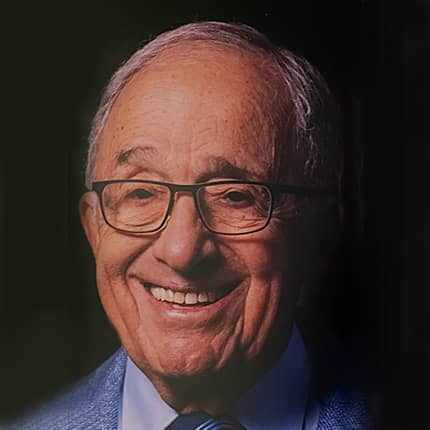
Through this fund, ATC has been able to subsidize the cost of the SHE CAN PLAY program, enabling many girls from underserved local communities to participate at no charge. With Ron Ghitter’s continued vision, the SHE CAN PLAY program is set to transform the lives of more girls, opening doors to leadership, personal growth, and lifelong participation in sport.
The Lasting Impact of SHE CAN PLAY
The program’s impact is already evident. “Over the years, we’ve seen many participants return to the She Can Play camps, and it’s inspiring to witness their growth,” says Suzana. “They come back more mature, filled with gratitude, and eager to take on new roles—some aspire to transition from participant to youth mentor volunteer, while others are inspired to join full-time tennis programs for the first time. Many simply cherish the fact that their introduction to tennis was positive, fun, and memorable, leaving them with a lasting appreciation for the sport.”
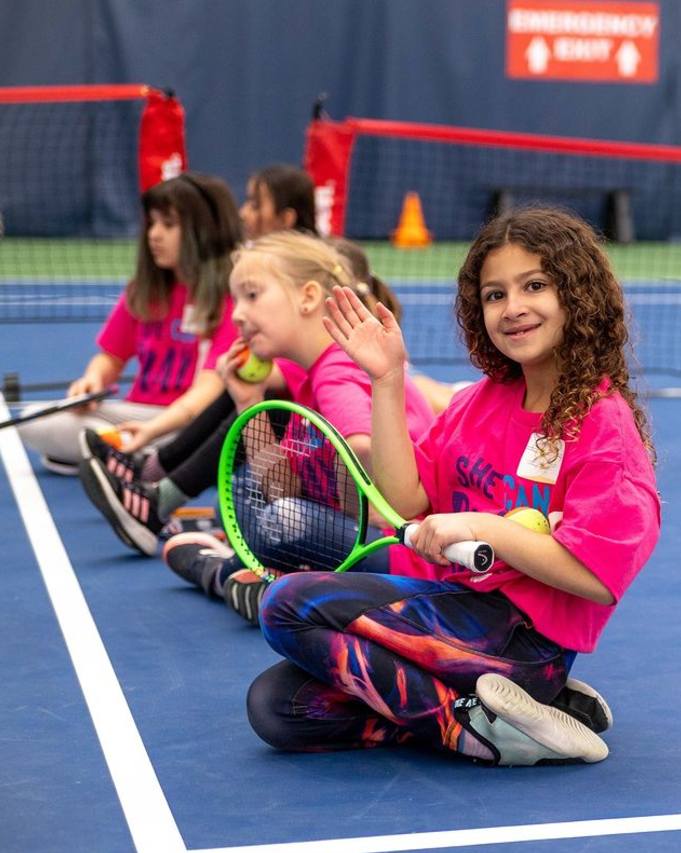
At the close of the camp, one young participant slipped Coach Suzana a note, simply saying: “I want to volunteer next year.” This small but powerful moment says it all—growth, confidence, and a readiness to lead.


